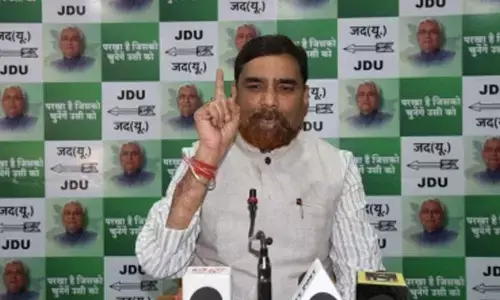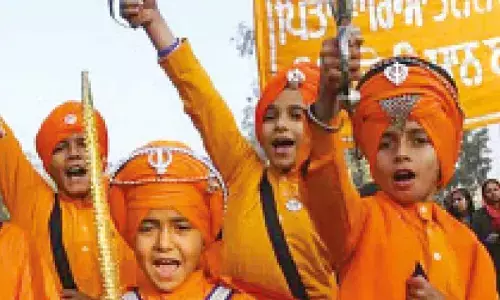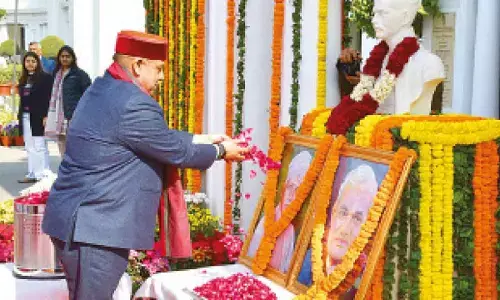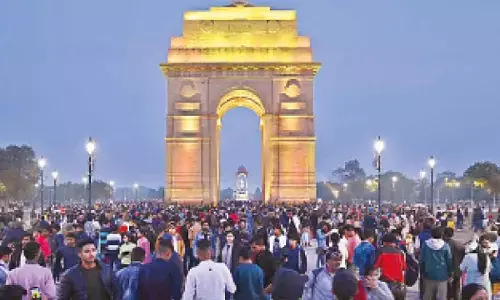Polls punditry
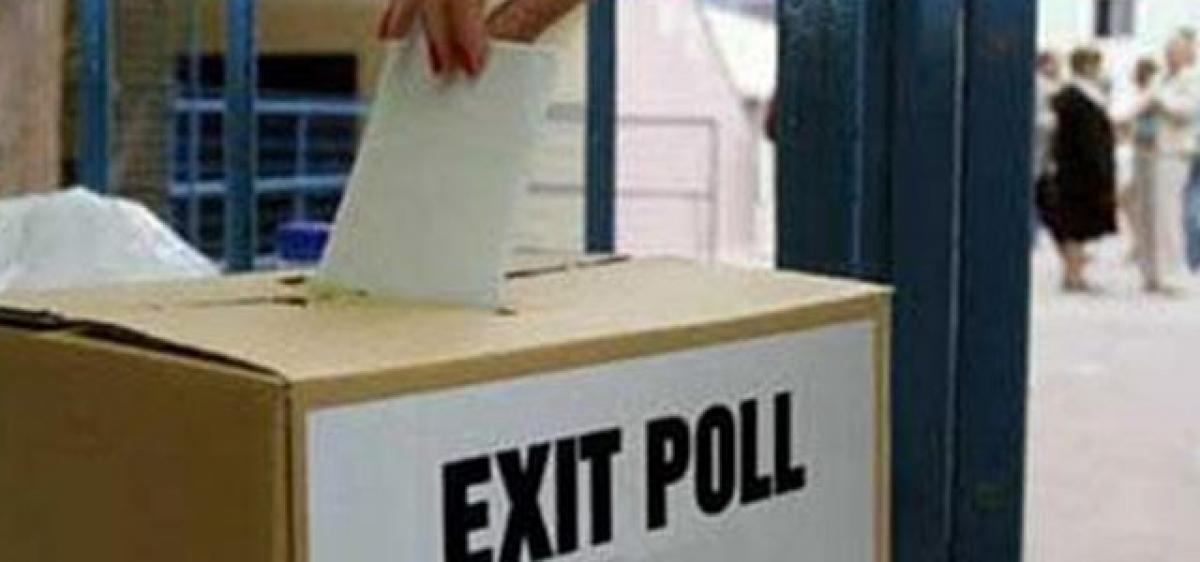
Yet again, the exit polls conducted by different agencies across the states that went to polls produced different results. Of course, it’s not new. There are many such earlier instances where the exit polls from different sources are at great variance.
Yet again, the exit polls conducted by different agencies across the states that went to polls produced different results. Of course, it’s not new. There are many such earlier instances where the exit polls from different sources are at great variance.
There are also instances of these findings proving to be more or less similar to eventual results or even otherwise. Thus, the exit polls or for that matter even opinion polls have finally turned into few hours of thriller on television with political parties concurring with them or differing with the exit polls depending upon what they speak for their parties.
The science of polls thus fails to gauge the public opinion or provide any inkling of the contours of emerging political process. Therefore any hype and bluster over the exit polls that too a day or two before the vote count is simply unwarranted. Even the international experience suggests that the opinion polls and the exit polls are unsound and unsure. Their validity is more by chance than by science.
There are serious methodological and ethical issues that contribute to this uncertainty. The sample size is obscure and, therefore, population validity is questionable. Given the diverse and complex character of Indian electorate, sweeping generalisations are difficult to make. The inherent weakness in survey research is how far a voter would reveal his or her mind when he or she is not going to be benefited by doing so. There are even allegations of paid polls like paid news that further undermine this exercise.
In a democracy that follows First Past the Post system rather than proportional representation, it‘s a much risky exercise to translate respondents’ preferences into vote share and then into number of seats. Alliances, presence of rebels and what not make the predictions murkier. The high decibel analysis based on these tentative predictions in shouting matches on television make the exercise much more laughable.
Precisely for this reason, even the Election Commission of India has banned the reporting of results of exit polls until the last day of voting is completed on the suspicion that it may impact voting preferences.
There is a mushrooming of polls, pollsters and polling agencies making the situation much hazier. The nexus between business, media and politics further thickens the clouds of suspicion over the veracity of these polls.
Opinion and exit polls are useful to gain insight into what people think of the policies and programmes of parties and candidates. Voters rely on a host of factors to make up their mind. An understanding of these factors would be useful political science. The pre-poll surveys or exit polls should study the voting behaviour rather than voting outcome if they have to serve the democratic polity.
This is not to advocate a blanket ban on the conduct of such polls. Any such action would tantamount to an unfair restriction of free speech. But, a serious reappraisal of polling, its science and practice, is the need of the hour to make the democratic discourse more meaningful.








